China increases maternity leave to encourage births

Several regions in China have extended maternity leave by at least 30 days, in the latest effort to address record-low birth rates in the country.
Number of wage workers in South Korea rises in Q2
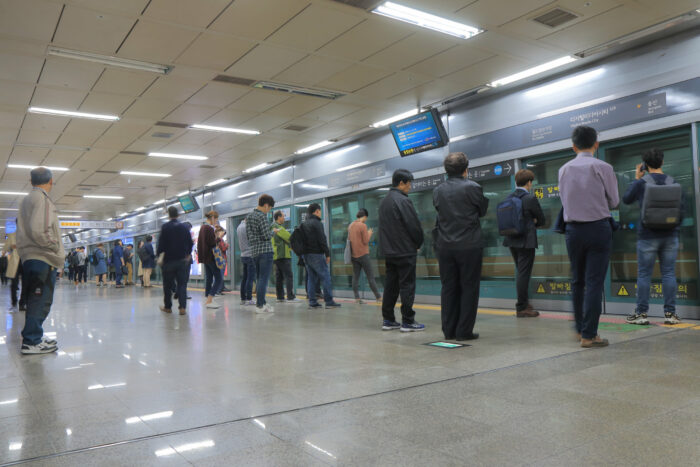
The number of paid employee jobs rose 3.6% in the second quarter amid signs of the economy’s recovery from the pandemic.
Japan mulls tax break for companies raising wages

The government is considering granting a tax break for companies which raise salaries of all employees, including new and non-regular workers.
China’s Sichuan province takes tough stance on overtime work

Sichuan province conducted a week-long inspection on overtime work and takes “zero tolerance” towards employers who breach labour laws.
Thailand approves 5-billion-baht soft-loan package to create jobs
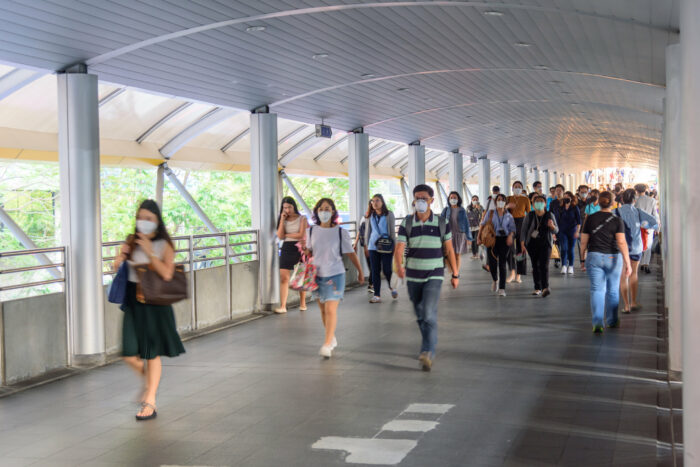
The cabinet has given the go-ahead for a soft-loan package worth 5 billion baht (US$150 million) to help create jobs for the unemployed.
Indonesia looks to bridge existing gender pay gap

The Manpower Ministry is optimistic of closing the wage gap between male and female workers, and to increase the level of female participation at work.
Workers and employers in Ho Chi Minh City receive financial aid

Over VND5,422 billion (US$238 million) has been spent to support employers and employees in the city impacted by the pandemic.
Wage increases in Japan still suppressed by pandemic

A Japanese labour ministry survey has found that the prolonged pandemic is still dampening wage hikes for workers in affected sectors.
Full vaccination mandated for some workers in New Zealand

Unvaccinated staff in businesses where customers need to show My Vaccine Pass cannot work unless they are fully inoculated against COVID-19.
Malaysia continues to deliberate on minimum wage

The National Wage Consultative Council (MPGN) is still discussing whether to maintain or increase the minimum wage rate.
People-centric HR management important for the “now of work”

CHRO Malaysia highlighted some of the key challenges facing CHROs today, including placing their people at the heart of all business strategies.
53.4% of Japan’s workers satisfied with job change

A recent government survey showed that slightly more than half of workers who have changed jobs have found more rewarding careers.
Malaysia helps more than two million workers stay employed
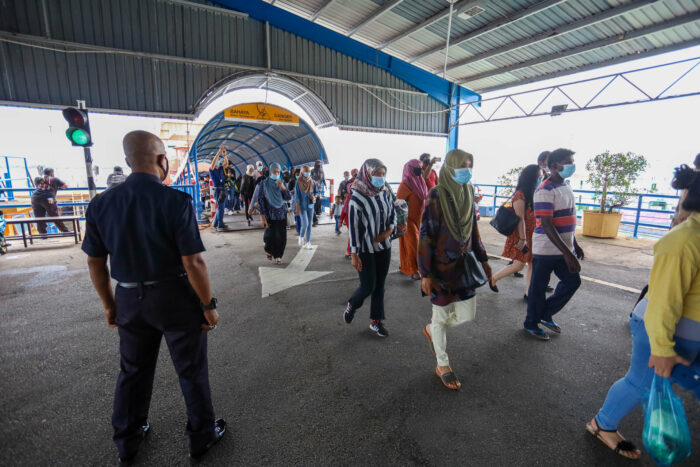
The government has distributed RM19.21 billion (US$4.6 billion) under its Wages Subsidy Programme (PSU) as of October 29.
South Korea sees increase in non-regular jobs in 5 major cities

Over the last four years, five major cities outside Seoul have driven the increase in the proportion of non-regular jobs in the country.
Indonesian government told to act against minimum-wage violators

The government has been urged to strictly monitor the minimum wage implementation and take ‘firm action’ against violators.
Japan to help non-regular workers switch careers

To help non-regular workers affected by the pandemic, several hundred billion yen has been set aside to implement a job-transfer-support project.
Indonesia sees improvement in job creation

The Central Bureau of Statistics has revealed a year-on-year rise in the number of people in the working population in 2021.
South Korea’s gender pay gap highest in OECD

Out of the 38 members of the OECD, South Korea ranks highest in the pay gap between male and female employees in 2020.
MSMEs in the Philippines told to ensure payment of 13th month pay

Micro and small businesses are provided with the option to apply for a government loan to pay employees their 13th month salary.
Digital literacy crucial for Cambodia’s workforce

The kingdom needs to upgrade its workforce skills, maximise youth dividend and accelerate digital transformation, said the UNDP.
Vietnam proposes aid package for employees returning to work
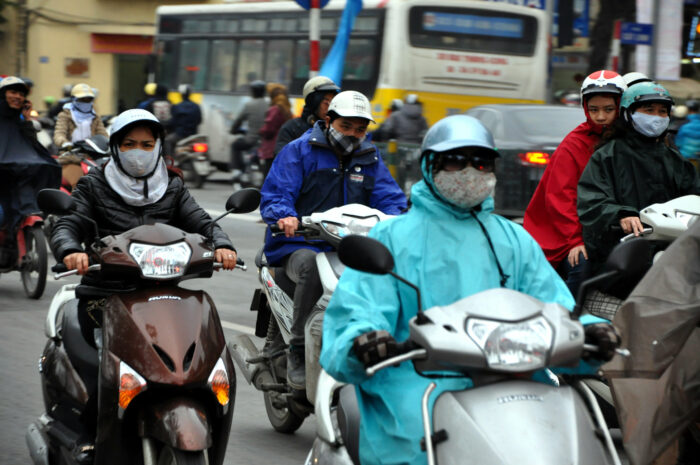
To attract people who have gone back to their hometowns to return to work after lockdown, the government is working on a support package.
Essential employees in NSW to lose COVID-19 compensation protection

The state government plans to repeal the automatic compensation rights for essential workers under section 19B of the Workers Compensation Act 1987.
Indonesia prioritises workplace safety and workers’ health

Health minister Budi Gunadi Sadikin has called for more attention to be paid to the safety of workers in the workplace, particularly their health.
Taiwan’s workforce grew by 24,000 in September

The total number of workers in the industrial and service sectors grew by 0.3% to nearly 8.12 million in September, as businesses continued to recover.
Vietnam disburses cash assistance to over 10.3 million workers

More than VND24.6 trillion (US$1.6 billion) in cash assistance has been disbursed from the unemployment insurance fund.
Trade unions in India say minimum wage hike “not enough”
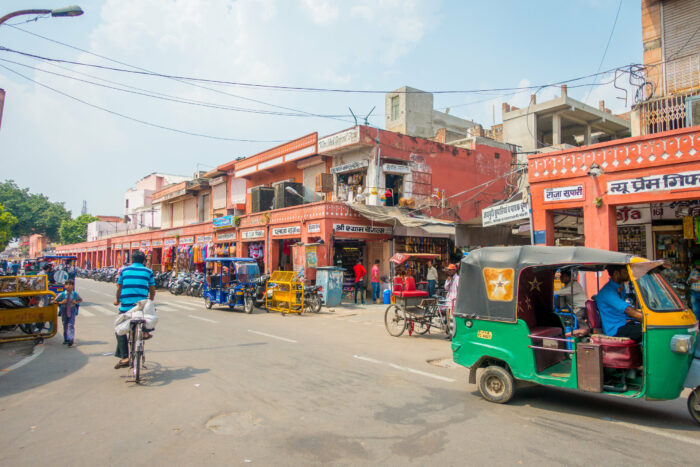
Trade unions in the capital city say higher wages are required to offset the impact of rising inflation in prices of essential commodities.
Employers can decline unvaccinated candidates in the Philippines

President Rodrigo Duterte has said there is a legal basis for employers to refuse to hire potential staff who are still unvaccinated against COVID-19.
Japan proposes stimulus package for companies raising wages

A governmental economic-policy panel has proposed a fresh stimulus package, including shoring up support for companies increasing employee salaries.
New Zealand rejects claim that vaccine mandate breaches human rights

Claims by five government workers who said that their human rights have been violated due to the COVID-19 vaccine mandate have been dismissed.
Number of furloughed workers in Taiwan continues to drop

As domestic demand recovers due to the government’s stimulus measures, the number of furloughed workers fell by 5,635 in one week.

